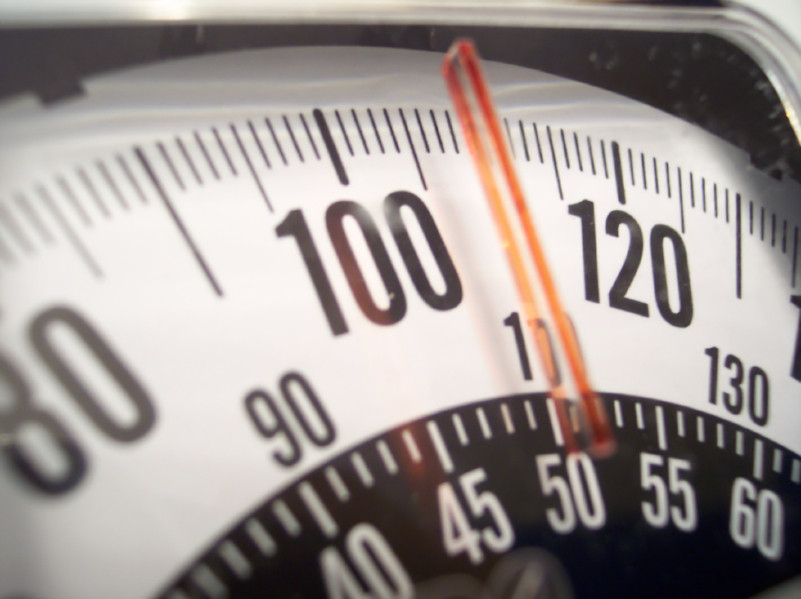Speeding is one of the most common causes of car accidents in the United States, contributing to one-third of car accident deaths. According to the National Highway Traffic Safety Administration (NHTSA), there were 12,151 car accident fatalities caused by speeding drivers in 2022 alone.
New Jersey takes speeding seriously and the state’s citations for speed limit violations are significant. Drivers who speed in New Jersey face an increased risk of accidents, and a higher chance of injuries or fatalities in an accident, as well as expensive fines.

How Does Speeding Increase the Risk of a Car Accident?
When city, county, and state road planning agencies set speed limits, it’s after a careful study of the conditions of the road, the landscape type, and the typical traffic volumes of each area. The speed limits they set indicate the highest safe driving speed for that particular area. Exceeding the speed limit increases the chances of an accident because of the following factors:
- Speeding means decreased reaction times, increasing the chance of a collision with an obstacle or animal in the road
- Faster speeds require longer stopping distances
- Speeding makes a car more difficult to control, especially around curves
- Speeding increases the chances of a vehicle rolling over during an accident—particularly tall vehicles like SUVs, pickup trucks, and commercial trucks
- Speeding decreases the protective abilities of roadway safety features like guardrails, dividers, and concrete barriers
When a truck driver exceeds the speed limit, they significantly increase the chances of a serious Cherry Hill truck accident lawsuit, as well as risking a traffic citation. Even worse, speeding significantly increases the severity of injuries in a crash.
How Does Speeding Cause Worse Injuries in a Car Accident?
The faster a car travels when a collision occurs, the greater the crash force, resulting in more serious injuries. According to crash force calculations, a 125-pound person becomes a 4,375-pound force in a car accident. That same person becomes a 7,500-pound force in a collision at 60 miles per hour.
A collision propels a motorist forward at the speed the vehicle was traveling until their seatbelt stops them or—if they aren’t wearing a seatbelt —until they collide with the interior structure of the vehicle or are expelled through the windshield. The higher the speed, the greater the crash force the motorist experiences.
Although seatbelts unquestionably save lives by preventing a motorist’s expulsion from the vehicle or impact with the inside of the car, the body still endures substantial trauma as it’s propelled forward against the seatbelt strap and then snapped backward against the seat. The higher the speed, the more serious the injuries that occur.
Exceeding the speed limit may leave a driver liable for damages to others in a car accident even in no-fault insurance states like New Jersey, depending on the severity of the accident and the terms of an injury victim’s insurance policy.
Explanation of New Jersey’s Speeding Laws
New Jersey’s roadways are well-marked with posted speed limit signs, but it helps to understand how these limits work. In New Jersey speed zones are typically as follows:
- In urban business and residential districts, the speed limit is 25 miles per hour
- In school zones, the speed limit is 25 miles per hour
- In suburban residential and business zones, the speed limit is 35 miles per hour
- In all other locations, the speed limit is 55 miles per hour unless it’s marked as 65 miles per hour on posted signs
Under New Jersey §39:4-98, New Jersey drivers also have the responsibility to reduce their speeds as necessary for hazardous conditions. The statute states that drivers must use:
“an appropriate reduced speed when approaching and crossing an intersection or railway grade crossing, when approaching and going around a curve, when approaching a hill crest, when traveling upon any narrow or winding roadway, and when a special hazard exists with respect to pedestrians or other traffic or by reason of weather or highway conditions.”
How Can a New Jersey Car Accident Lawyer Help?
When a driver’s excessive speed causes or contributes to an accident, they may be held liable for damages to others, such as property damage, lost wages, and compensation for pain and suffering through a claim against their insurance in some cases, or through a lawsuit, if the damages greatly exceed the limits of the injury victim’s car insurance. Cherry Hill personal injury legal help from Cuneo & Leonetti can help by investigating, documenting evidence, and proving liability to make a compelling case for your complete compensation. Call Cuneo & Leonetti today so we can begin representing your best interests in your case.